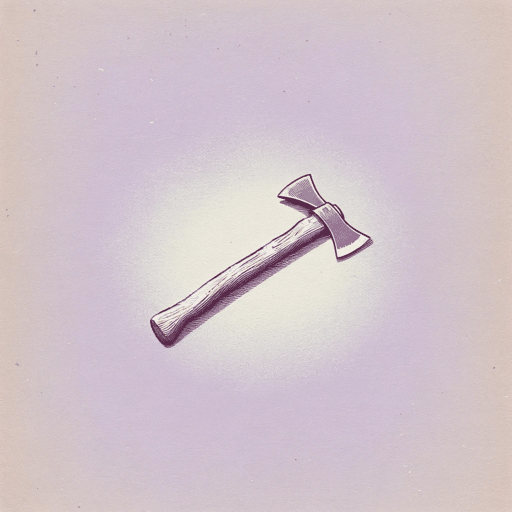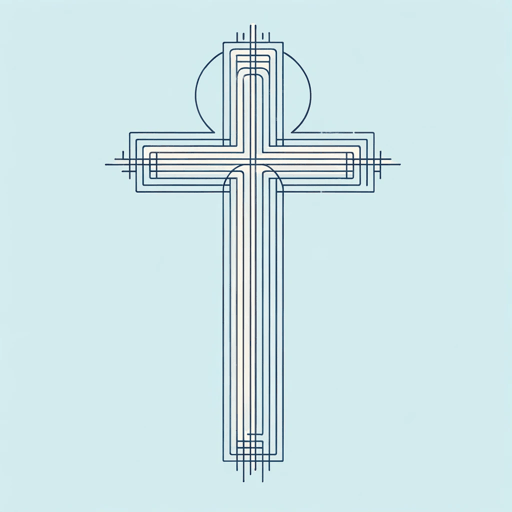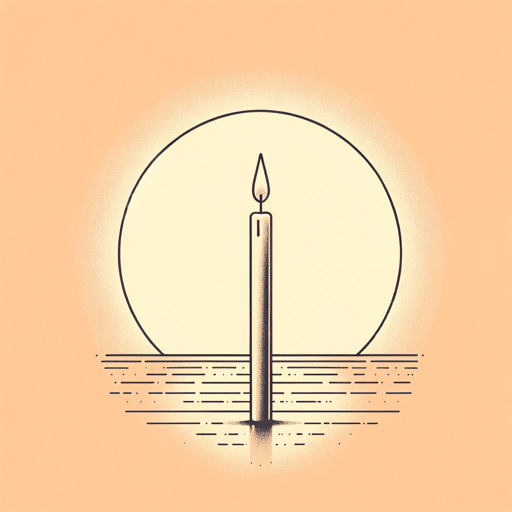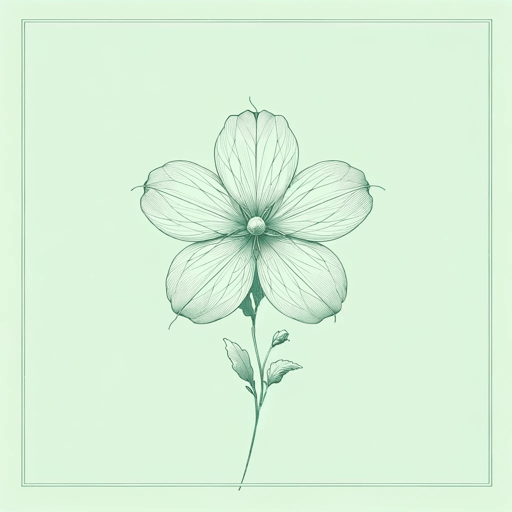30 pages • 1 hour read
Fyodor DostoevskyThe Dream of a Ridiculous Man
Fiction | Short Story | Adult | Published in 1877A modern alternative to SparkNotes and CliffsNotes, SuperSummary offers high-quality Study Guides with detailed chapter summaries and analysis of major themes, characters, and more.
Summary and Study Guide
Summary: “The Dream of a Ridiculous Man”
Content Warning: The story and study guide discuss suicide and suicidal ideation.
“The Dream of a Ridiculous Man” is a short story by Fyodor Dostoevsky written in 1877. Narrated by the “ridiculous man” of the title, it recounts the man’s experience with nihilism leading up to his decision to die by suicide. A chance encounter with a distraught little girl compels him to delay the act. Falling asleep, he has a dream about a parallel world in which everything and everyone is perfect. This dream transforms his outlook and gives him a newfound faith in humanity and love. The story explores ideas about nihilism, egotism, meaning, love, responsibility, and truth.
This guide refers to the version in Short Stories by Fiodor Dostoievski available at Project Gutenberg. It was translated by Constance Garnett.
The story starts with the narrator stating that he is ridiculous, something as evident to others as it is to him: “I am a ridiculous person. Now they call me a madman. That would be a promotion if it were not that I remain as ridiculous in their eyes as before” (225). The narrator explains that he knew himself to be ridiculous already as a child and that this self-knowledge grew stronger as he grew older. He describes “a terrible misery” (226) that developed in him as he reached adulthood. This misery, he explains, stemmed from his belief that “nothing in the world mattered” (226). In fact, he even thought that nothing exists.
The narrator then refers to “the truth,” the discovery of which took place “last November” (227). The majority of the story recounts this discovery before returning to the present. The narrator describes an evening he spent with three of his friends last November, mostly just sitting silently in their company. When his friends become excited over an interesting discussion, the narrator points out to them: “[Y]ou really do not care one way or the other” (227). This comment makes his friends laugh. Walking home that evening, it is cold, dark, and humid. He turns his gaze toward the sky and sees a little star. The star suddenly gives him an idea: He decides to die by suicide that night. The narrator explains that he already decided to do so two months prior and was only waiting for the right moment.
Suddenly, a little girl, soaked from the rain, grabs the narrator’s elbow. She is panicked and sobbing, unable to speak coherently, but the narrator understands that the girl’s mother is dying and needs help. The narrator keeps walking, refusing to help. When the child won’t let him go, he yells at her. The girl then runs to another passerby on the street.
The narrator arrives home after the incident. He rents a small room in a shared apartment, and one of the other tenants is a retired captain who drinks and fights with his house guests. Although the captain and his friends are noisy that night, the narrator is unbothered. Alone in his room, he takes out his revolver and sets it on the table in front of him. Even though he is still convinced of wanting to die by suicide, he doesn’t end up doing so, but sits in his armchair until dawn. He then admits that something was holding him back: “And no doubt I should have shot myself if it had not been for that little girl” (230).
He then describes the emotions he felt and the questions that arose in his mind from the encounter with the child. The narrator says that in the moment the girl was asking him for help, he felt pity for her. He asks himself: If he was sure to be dead in a few hours, why did he care? And why had he gotten angry at the girl instead of helping her? Following this question, he reflects on his feelings of shame and remorse, and whether or not he should care about those feelings either, if nothing mattered and he was ending his life. These thoughts preoccupy him so that he eventually falls asleep in his chair instead of acting on his plan. That night, he has a significant dream that shows him “a different life, renewed, grand and full of power!” (232).
In the dream, the narrator shoots himself in the heart and dies. He is aware of his surroundings, as he lies in a coffin underground. After some time, the narrator feels a water drop falling in his eye. As the water continues to fall through the coffin, the narrator addresses “the power that was responsible for all that was happening to [him]” and demands an explanation (234).
The narrator then finds himself flying through space with a being that he describes as having “something like a human face” (235). At first, he is scared, but upon seeing the Sun and the Earth, he experiences joy, and feels unprecedented love for his home planet. The narrator is then brought back to Earth, but it is not the same as the one he had left behind. He has landed in a paradise-like place with “festive radiance” (237), sunlight, and beautiful nature. He is greeted by the local people who are joyous and kind. The narrator understands this place to be “the earth untarnished by the Fall; on it lived people who had not sinned” (237-38).
The narrator lives together with the local people, observes their connection with nature, their unconditional love for each other and their superior knowledge that “was higher and deeper than ours” (238). He notes that they completely lack negative feelings such as jealousy, anger or sadness, but live in harmony with each other. The only emotion that prevails on this other Earth is love.
After a while, the narrator notices a change for the worse in the local people. He confesses: “The fact is that I… corrupted them all!” (242). Without knowing exactly how it happened, he describes himself as a “germ” (242) that spread through the whole land, changing the people’s peaceful way of living. What started as “jest, coquetry, amourous play” (243) turned into jealousy and cruelty, then into violence. They invent science, the justice system, and the guillotine; they pollute the earth, become self-centered, and want to destroy each other. The narrator falls into despair. He tries to remind the people of their peaceful past and, believing that he is the origin of their downfall, he begs to be killed. He teaches the people how to make a wooden cross so that he can be crucified. The people laugh at him, then become annoyed; they tell the narrator that they will lock him up if he doesn’t stop. The narrator then wakes up.
When he wakes up in his armchair, the narrator jumps up, throws his revolver away from him, and starts to cry. He is overcome with “immeasurable ecstasy” (246) and love for life. He decides to become kind and to begin “spreading the good tidings” (246), meaning to preach the “truth” that was revealed to him in his dream.
Returning to the present, the narrator explains that he continues to do so, telling others about his dream and talking about the importance of loving one another. People tell him that his dream was only “delirium, hallucination” (247), but he refuses to stop preaching. The story ends with the narrator revealing that he was able to find the little girl he once refused to help, and that he will “go on and on!” (248).
Related Titles
By Fyodor Dostoevsky

Crime and Punishment
Fyodor Dostoevsky

Notes from Underground
Fyodor Dostoevsky

Poor Folk
Fyodor Dostoevsky

The Brothers Karamazov
Fyodor Dostoevsky

The Devils (The Possessed)
Fyodor Dostoevsky

The Gambler
Fyodor Dostoevsky

The Grand Inquisitor
Fyodor Dostoevsky

The Idiot
Fyodor Dostoevsky

